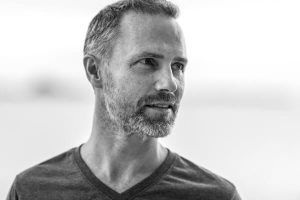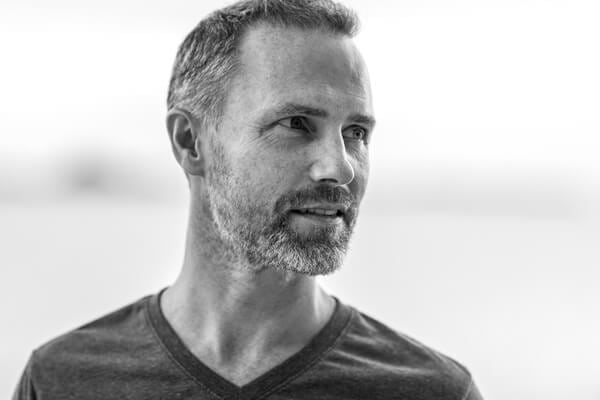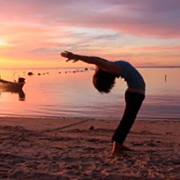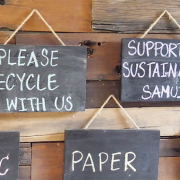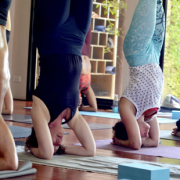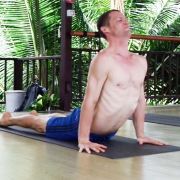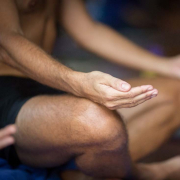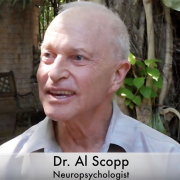 https://samahitaretreat.com/wp-content/uploads/2020/01/Al-Scopp-Longevity-NL-SS.jpg
487
1000
Daniel Stringer
http://samahitaretreat.com/wp-content/uploads/2024/01/samahita-logo-v2.svg
Daniel Stringer2020-01-30 04:54:392024-02-15 09:33:36Longevity – 6 Tips to Improve Life Expectancy
https://samahitaretreat.com/wp-content/uploads/2020/01/Al-Scopp-Longevity-NL-SS.jpg
487
1000
Daniel Stringer
http://samahitaretreat.com/wp-content/uploads/2024/01/samahita-logo-v2.svg
Daniel Stringer2020-01-30 04:54:392024-02-15 09:33:36Longevity – 6 Tips to Improve Life ExpectancyYou know it but do you mean it?
The majority of people being good folk naturally intend to mean what they say, have their actions follow their words. Does this really happen for you? Have you observed a gap between words and action in yourself, perhaps in others too? The point of the question is not to lead us into judgment or criticism or a larger philosophical discussion on the nature of intention and action. Rather the purpose here now is to highlight that we may be good at saying great things, giving wise advice, being nice, but when it comes down to owning it and imbibing it in ourselves the gap remains.
To make the point and keep this short and sweet I will repeat a statement I wrote here almost a year ago:
Trust in the unknown
Can you? It makes sense. It applies everything learnt from a yoga practice. It is relevant in a time of complete uncertainty. It may even be advice you give others. But what happens personally to you?
What lies ahead is most definitely unknown. To take care of your actions and thoughts now impacts what happens next and how you respond. But there is also a wide space between what you do now and how our day, week, interests, aspirations, life plays out.
Rationally you know this. It’s unknown.
Emotionally you lost this. Ahhh. Anxiety, thoughts in the form of micro-worries.
“When you say you’ll do something then do it. When you express a sentiment then mean it. When you promise faithfulness and loyalty then be it.…..”
So what will it take to “trust in the unknown”? To not just say words but be it?
This one may take some time to deeply ingrain but more conscious thought, conscientious action, a willingness to remind yourself “it’s ok, I don’t know, I trust”, to chill enough to watch life play out in front of you even while you go out about your beezness.
But you can also strengthen it by applying the same sincere approach in all words uttered. When you say you’ll do something then do it. When you express a sentiment then mean it. When you promise faithfulness and loyalty then be it. It means know and understand what you’re taking on, saying, and how that code runs through your system.
The outcome will be integration, a consistency of heart to mind (completely different to a consistency of repeated actions).
I hope this makes sense. It needs thought and reflection, which is part of practice. It reaches an inner stability when one doesn’t have to question should they do something, or when one doesn’t doubt, or get lost in worry and anxiety, because it is your inner code and personal ethic. You mean what you say and not say what sounds nice and appealing.
Without this quality years of asana and breath and Om and looking at chakras are narcissistically indulgent yet ineffective, only leading one in circles which we vainly think is progress but is really self-delusion dressed up in nice words, great statements, self-defensive expressions.
Of course it is not easy and we all trip up. But start by being aware of this and then promise to watch it in yourself. Continual awareness and reminding oneself is the path to transforming the way the mind behaves.
Look at all you think, say and do. And maybe “Trust in the Unknown” is a reality for you revealed by a complete unshakable state of being, clear, unworried, present, revealing true joy.
Over to you.
Paul Dallaghan’s expertise with breathwork, body and meditative practices comes from three sources: over 25 years of daily dedicated practice and teaching these techniques; immersion in the original culture through one-on-one direct training in practice and study of ancient texts; doctoral scientific research at a leading US university (Emory) on yoga and breath in terms of stress, health and aging. Paul occupies a unique space to impart genuine teaching and science on these practices, acknowledged by his teacher and lineage (Kuvalayananda) in India as a Teacher-of-teachers and a Master of Breath, identified to carry the tradition (Pranayama). This places him as the only master-level yoga and breath practitioner currently immersed in scientific academic research on breathwork, stress and health. His sincere and ongoing role is to teach, write and research to help put out experienced and authentic information on these areas in a world full of confusion and conflicting messages both off and online.
For more on his background see his bio.
Dr. Paul Dallaghan’s expertise with breathwork, body and meditative practices comes from three sources: (1) three decades of daily dedicated practice and teaching these techniques; (2) uniquely acknowledged in the Yoga tradition by the title of “Master Yogi-Prānācharya (expert in breath)”, following an immersion in the original culture through one-on-one direct training in practice and study of ancient texts; (3) a PhD in doctoral scientific research at a leading US university (Emory) covering both the tradition and science of yoga and breath practices in terms of stress, health and aging. As a result, Paul occupies a unique space to impart genuine teaching and science on the breath, body, and meditative practices, seen as a Teacher-of-teachers and identified to carry on the tradition of Pranayama. His sincere and ongoing role is to teach, write and research, to help put out experienced and authentic information on these areas of how we live, breathe and be, to help people improve their mental and physical health, and live more fulfilling lives.
For more on his background see his bio
More from the Samahita Blog

